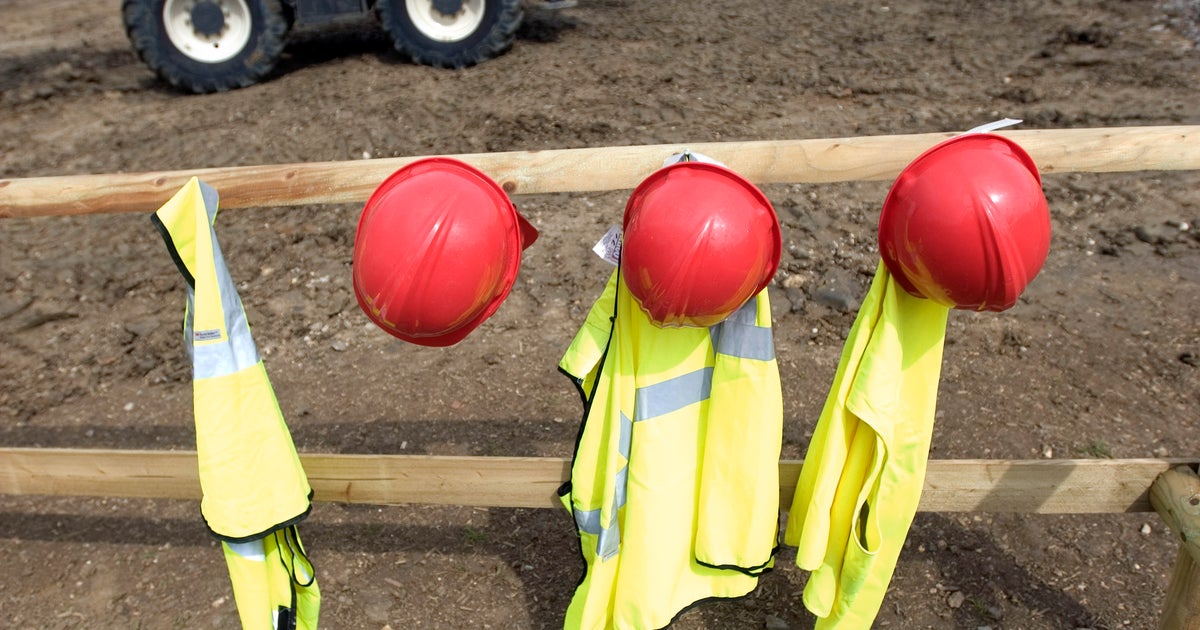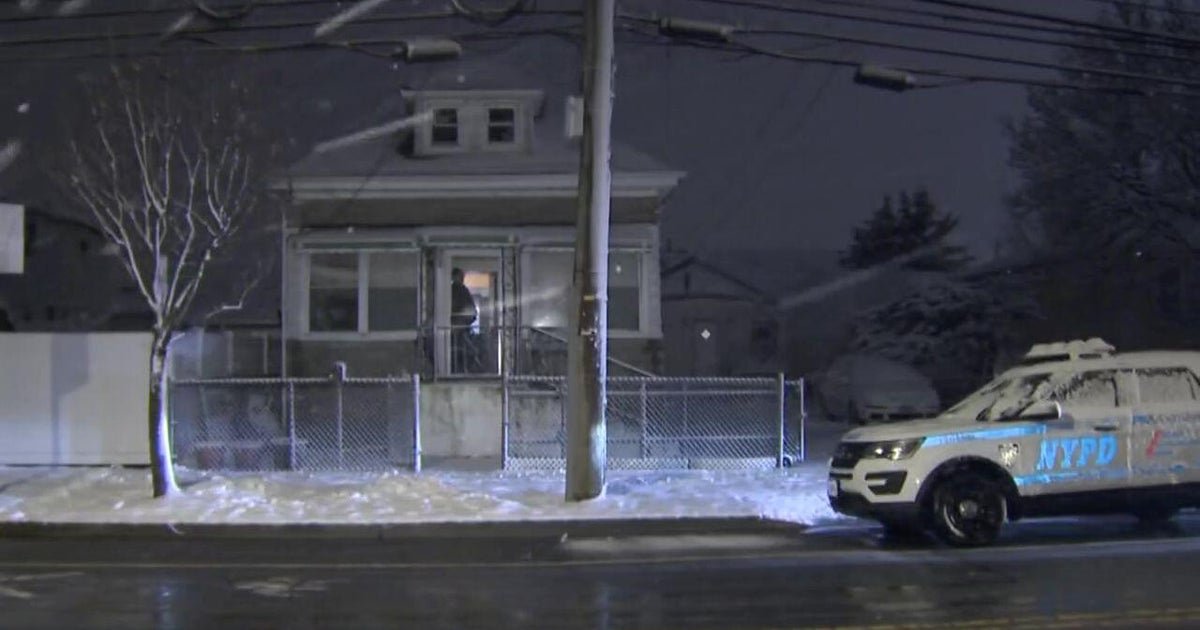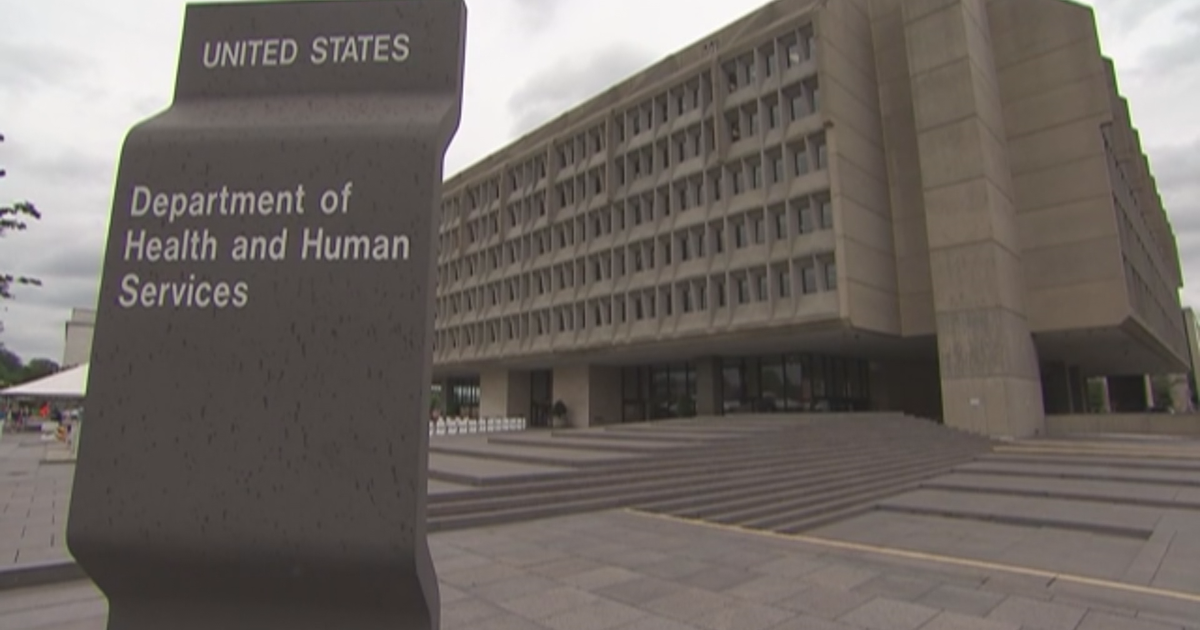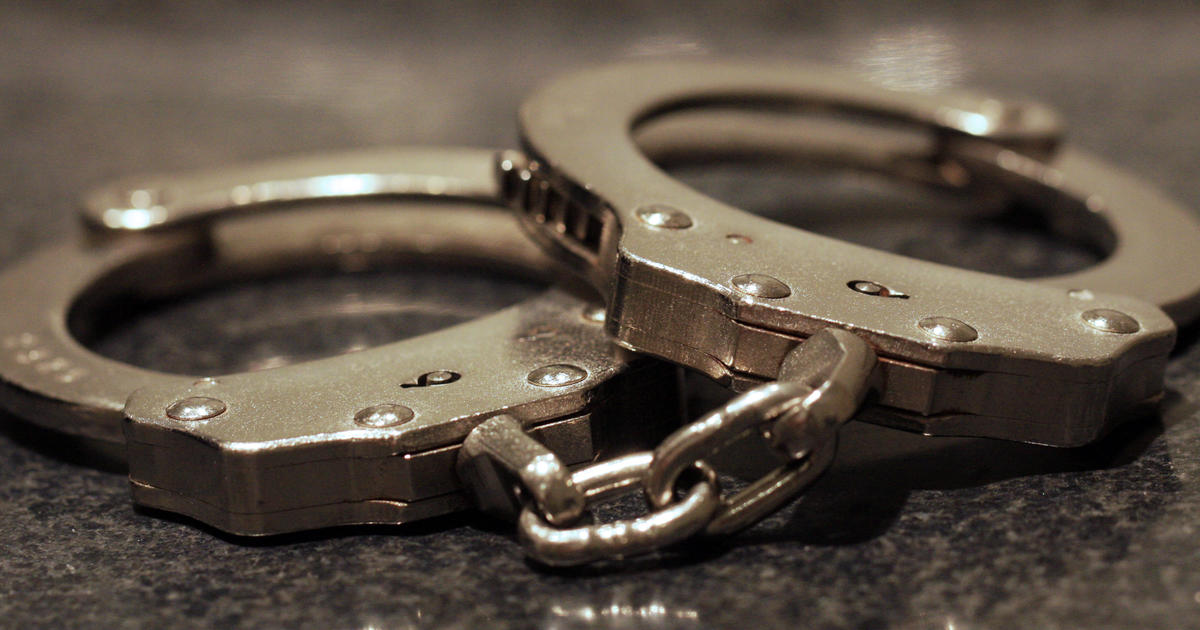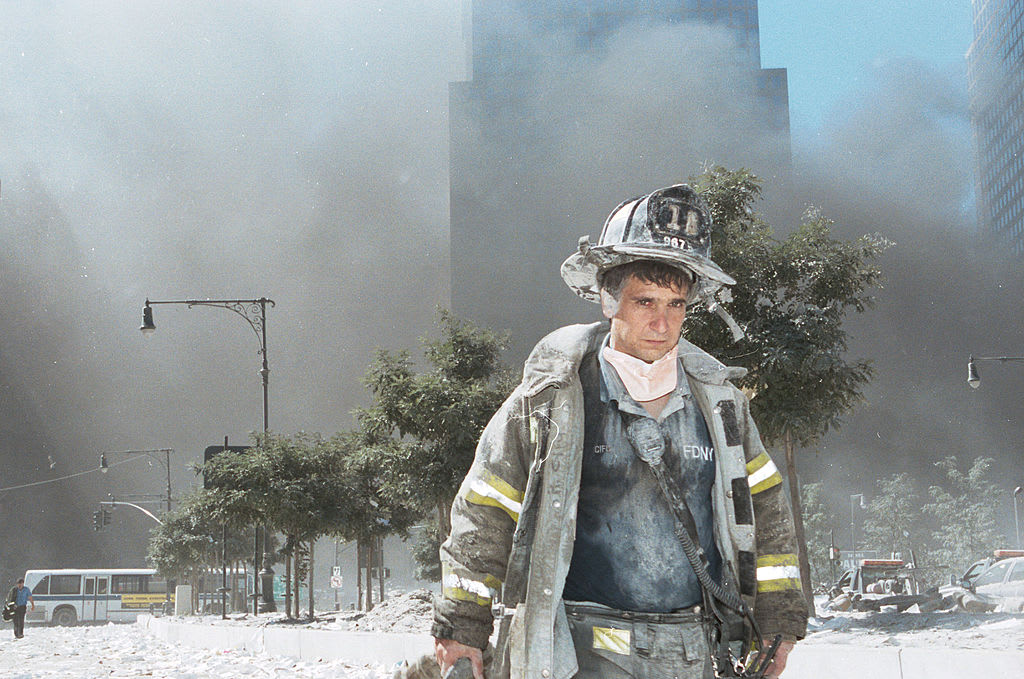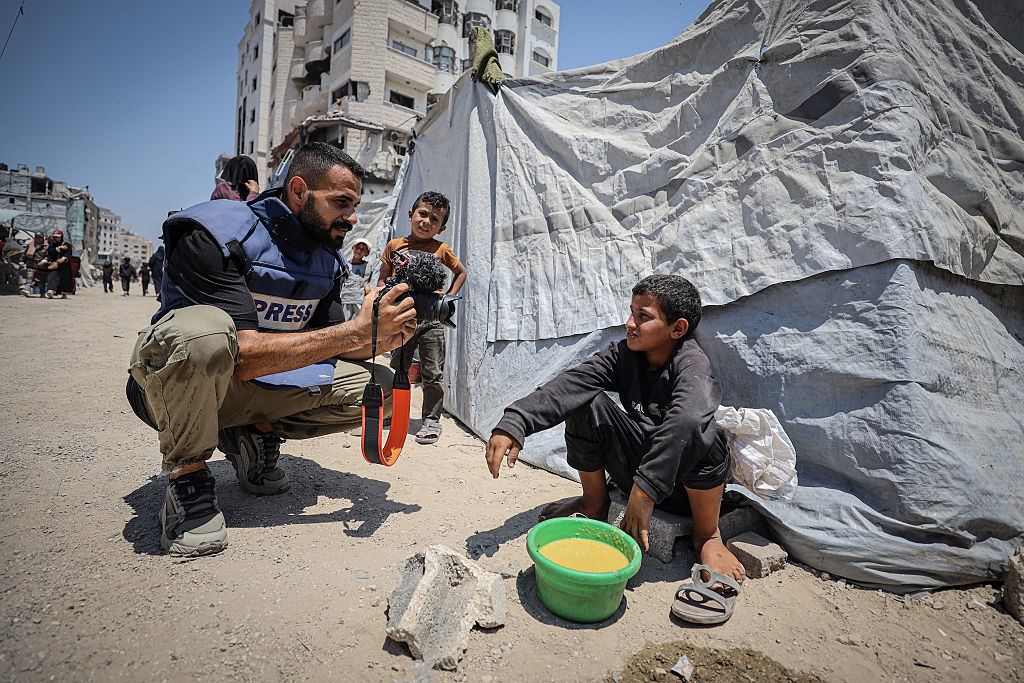9/11 health fund covers survivors for life — but few know about it
- Some 450,000 people are eligible for free lifetime medical care under the federal World Trade Center Health program, but less than a quarter are enrolled.
- Many survivors don't know the program exists or if they qualify, experts say.
- Lawyers urge those who lived or worked in lower Manhattan, or other areas that were targeted during the attacks, to obtain proof they were there — even if they are healthy now.
In 2001, Yvonne Phang was teaching accounting at a community college in downtown Manhattan around the time of the September 11 attacks, and suffered from headaches and breathing problems related to the toxic fumes that hovered near Ground Zero for months.
Although she nursed herself back to health from those ailments, 16 years later Phang was "blindsided" by a diagnosis she couldn't deal with on her own: breast cancer. She said she didn't immediately connect the disease to the terrorist attacks, and it was only after undergoing a double mastectomy, chemotherapy and radiation that Phang learned she would've been entitled to free health coverage through the World Trade Center Health Program, which was established under the "James Zadroga 9/11 Health and Compensation Act of 2010." She hurried to enroll.
"A friend called me a year after I was diagnosed after hearing an ad on the radio. Prior to that, I didn't know anything about it," Phang said of the program. "It will benefit me in the future, should I have a re-occurrence or if I have to go for more surgery. And if I didn't have insurance — let's say I stop working and I no longer have health insurance coverage — they would pick up the whole thing."
Many others who have health problems traceable to 9/11 may be equally in the dark. Of the roughly 450,000 first responders, office workers, residents and students who are entitled to free health care for life under the WTC health program, only a fraction are enrolled. It covers at least 68 different types of cancers — including skin, breast, prostate and thyroid cancer — that are presumed to be linked to toxins released in the attacks on the World Trade Center. Dozens of respiratory illnesses are also covered.
Those who were directly involved in the response to terrorist attacks on the Pentagon and the Flight 93 crash near Shanksville, Pennsylvania are also eligible.
"They have no idea they are entitled to free health care for the rest of their lives, and why should they know?" said attorney Michael Barasch, managing partner of Barasch and McGarry, a law firm representing roughly 15,000 9/11 survivors. "The [Environmental Protection Agency] assured everyone the area was safe — that's why these people who get cancer later in life don't connect the dots."
"They don't know they are eligible"
Congress in 2015 renewed the WTC health program, which provides medical treatment for survivors who were in the disaster area and developed 9/11-related illnesses, through 2090.
Roughly 100,000 of the eligible 450,000 survivors have signed up for program, many of them first responders. But that leaves roughly 350,000 people who haven't enrolled "because either nothing is wrong with them, or they don't know about it. They don't know they are eligible," Barasch said.
Responders are entitled to a free annual exam — even if they are healthy — whereas other survivors must display symptoms to qualify for coverage. The also must provide proof of having been in the affected area within a nine-month window that followed the calamity.
Barasch advises those who may have been exposed to toxins and other potentially dangerous agents because of the attacks to obtain affidavits showing they lived, worked or studied in lower Manhattan at the time of 9/11. "Even for those survivors who are totally healthy, they should get proof of having been in the area now because when they get cancer in 20-30 years, their witnesses will be long gone or dead."
Failure to communicate
Richard Alles, a retired deputy chief with the New York City Fire Department and director of 9/11 community affairs for Barasch & McGarry, said it's essential to line up documentary proof of having been in the affected parts of the city.
"In the event you are no longer OK, the best thing you can do is get these two affidavits and file them away in a safe place and hope you never need them," he said.
Alles blames the lack of awareness on the U.S. government's failure to properly communicate benefits eligibility to 9/11 survivors. "For the survivor community, there is no mechanism to alert these people. The federal government wasn't sending out a letter saying, 'If you lived or worked in the area, this is the program for you,'" he said.
Phang, whose paperwork is now in order, said she was initially "clueless" about the program's existence. "If I hadn't gotten that call, I would still be clueless, and the opportunity to get compensated for my illness would have passed me by," she said.
Take it from Phang, who for now, is healthy, but isn't taking any chances. "It's good to know if between the chemo and radiation I develop a secondary cancer, I am ahead of the game this time around," she said.
